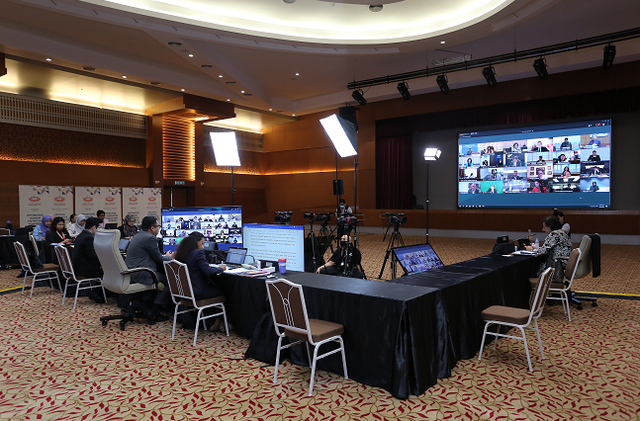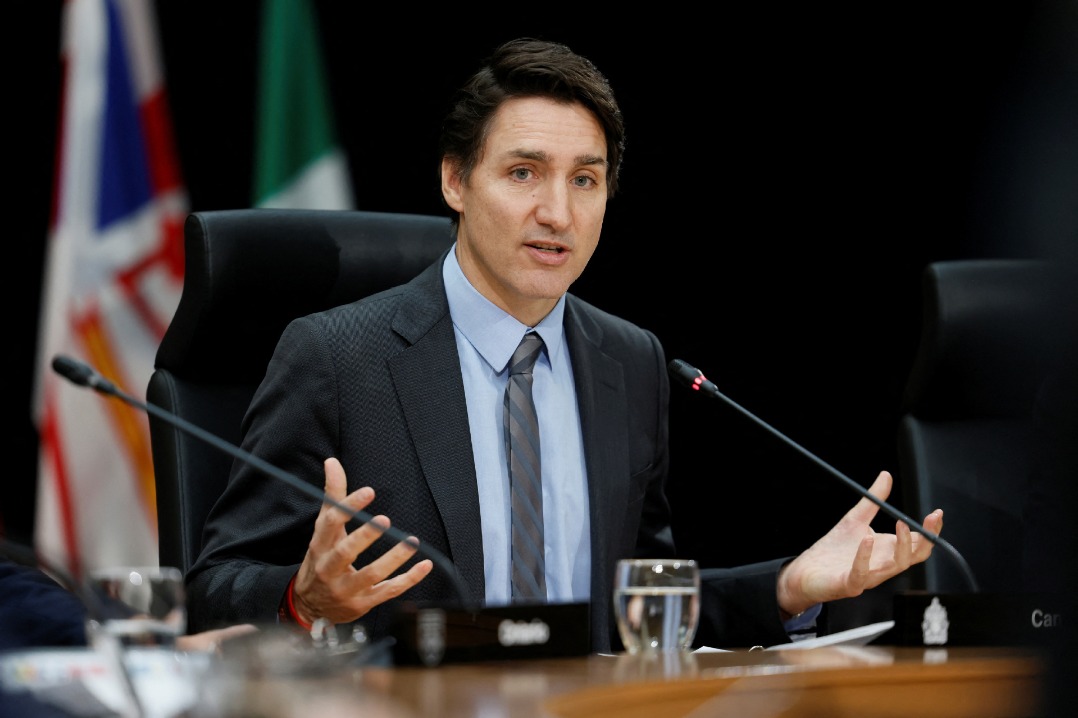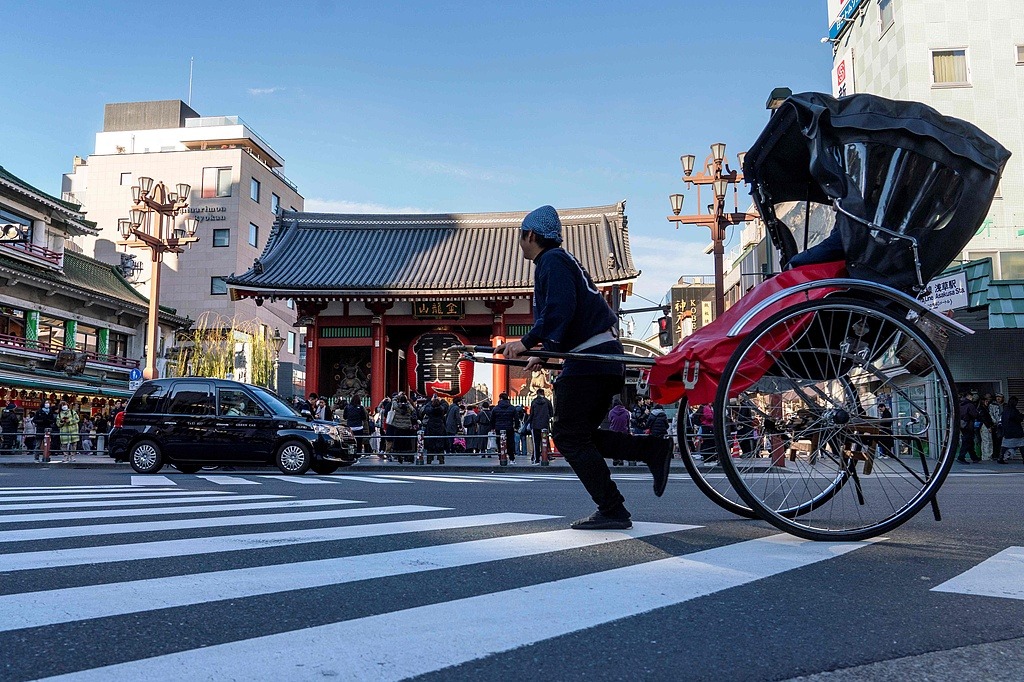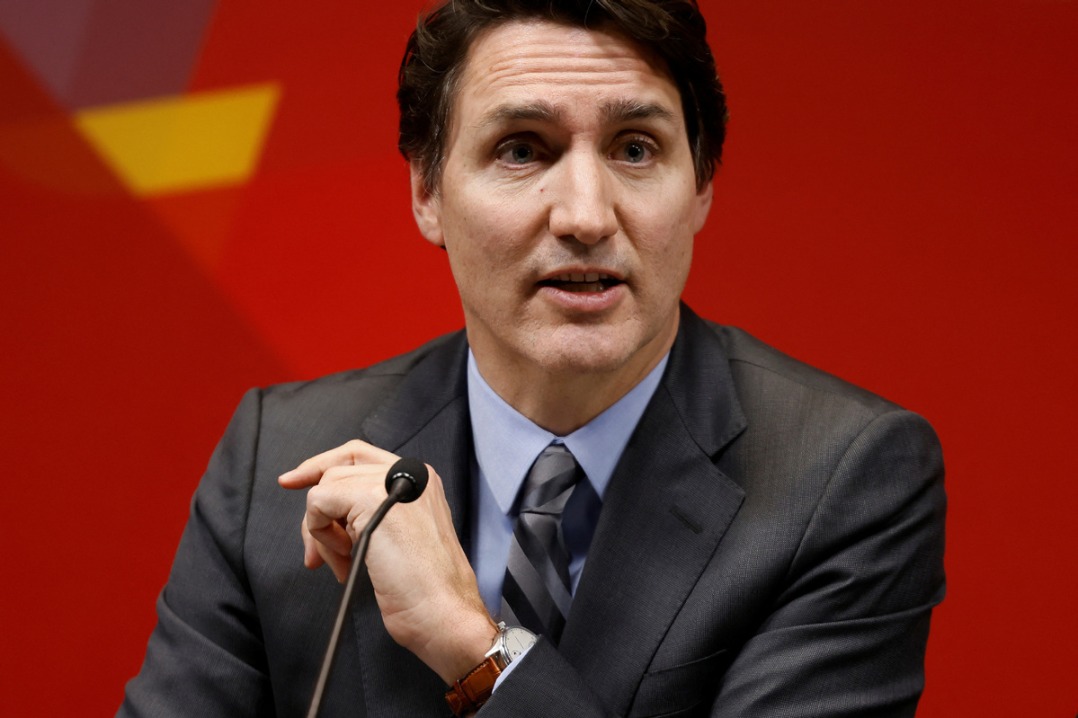APEC reaffirms COVID-19 economic recovery priorities, movement of essential goods


KUALA LUMPUR -- Economies participating in the Asia-Pacific Economic Cooperation (APEC) reaffirmed the prioritization of economic recovery from the COVID-19 outbreak following a virtual meeting chaired by Malaysia on Saturday.
In a joint statement, the APEC Ministers Responsible for Trade reaffirmed their commitment to "effectively mitigating the economic impact of the COVID-19 pandemic, and promptly navigate the region towards a path of resilient, sustainable, inclusive and expedited economic recovery."
"We acknowledge the importance of a free, open, fair, non-discriminatory, transparent and predictable trade and investment environment to drive economic recovery at such a challenging time," the statement said.
Malaysia's Minister of International Trade and Industry Mohamed Azmin Ali, who chaired the meeting, told a virtual press conference that participating economies had also agreed to a joint Declaration on Facilitating the Movement of Essential Goods.
The declaration recognizes the importance of ensuring that trade continues to flow during the outbreak, committing to working together to facilitate the flow of essential goods, recognizing that trade lines remain open as a matter of mutual interest and committing to a free, open, fair, non-discriminatory, transparent, predictable and stable trade and investment environment.
"While we acknowledge that economies may need to implement emergency measures designed to address COVID-19 challenges, we reiterate our commitment to work to facilitate the flow of essential goods and services, enhance connectivity by strengthening supply chains resilience, and minimize disruptions to trade in medical goods, food and agriculture products, in order to fight the pandemic," said Azmin.
Azmin also said the challenges posed by the outbreak would not stop Malaysia from providing its best effort at hosting a successful APEC, including preparing the APEC Post-2020 vision as the Bogor Goals are set to mature this year.
One of APEC's flagship initiatives, the Bogor Goals were announced in 1994 for members to move towards the long-term goal of free and open trade and investment in the Asia-Pacific no later than the year 2020.
Azmin added the Malaysian government had decided to pursue the virtual format of this year's meetings without ruling out a format that would involve physical meeting arrangements for the APEC Leaders Week at the end of the year.
APEC is a regional economic forum established in 1989 to leverage the growing interdependence of the Asia-Pacific. APEC's 21 members aim to create greater prosperity for the people of the region by promoting balanced, inclusive, sustainable, innovative and secure growth and by accelerating regional economic integration.
With a combined population of 3 billion, the 21 APEC economies account for some 60 percent of the world's total gross domestic product (GDP) and nearly half of world trade.
APEC is working on areas such as trade and investment liberalization, business facilitation, human security, and economic and technical cooperation, aiming to achieve sustainable growth and prosperity in the Asia-Pacific region.































